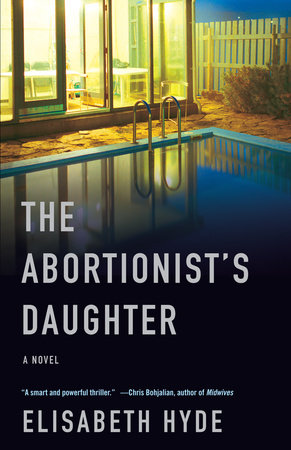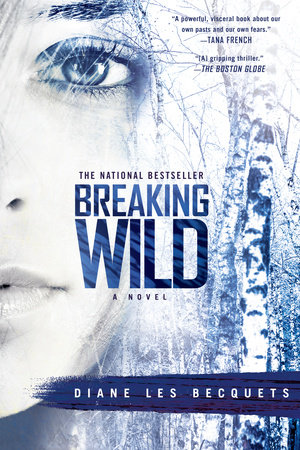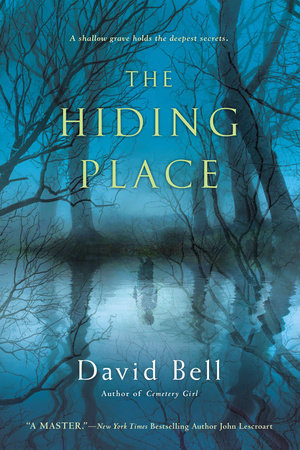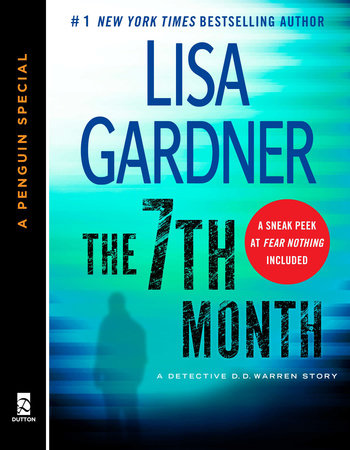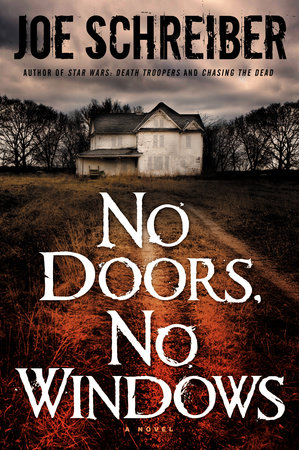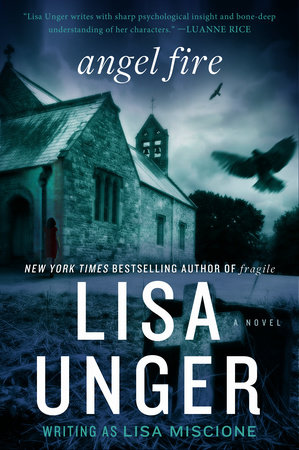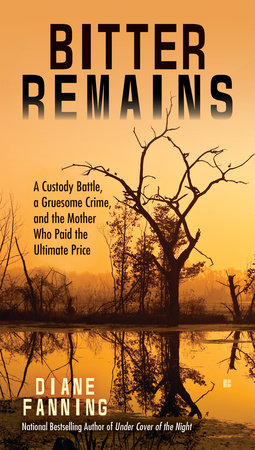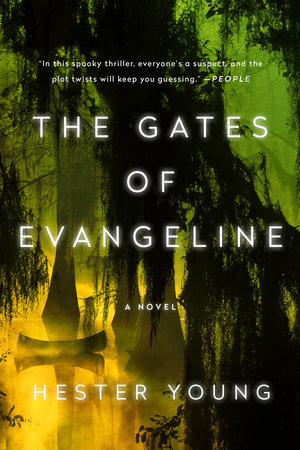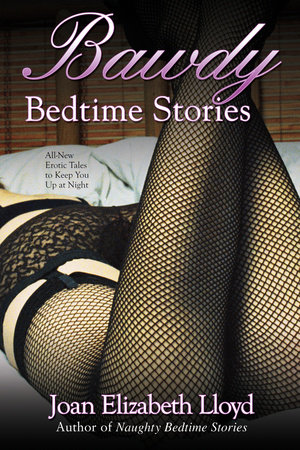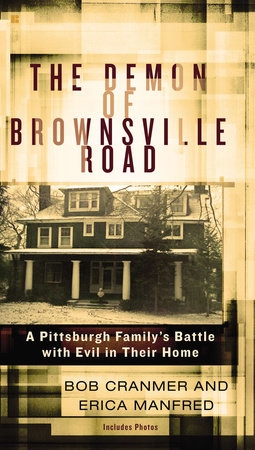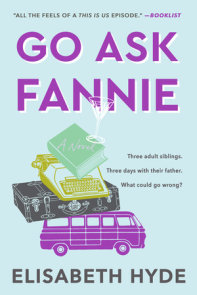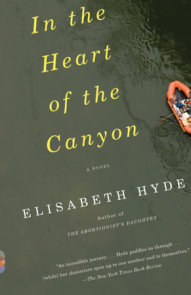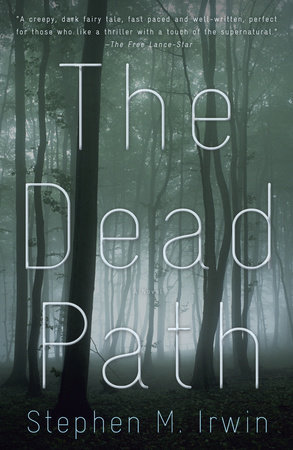Author Q&A
So why write a suspense novel about such a controversial topic?
I never wrote this novel with an agenda; my goal was simply to offer a literary take on an emotional topic. I wanted to explore the nuances of a politically charged issue in a novel where complicated people face complicated issues, but above all else, simply tell a good story.
When did you decide your novel would revolve around an abortion doctor?
Abortion is possibly the most polarizing issue in this country today. Yet our discussions so often neglect the personal side of things, which is where a novel fits in. I’ve always been pro-choice. My mother, by the way, who has four daughters and is now 81, once wrote Justice Blackmun to thank him for writing Roe v. Wade. She got a personal reply from him, too.
In any event, I’d been playing with the topic of abortion in my head for a long time. The problem was, the character I had in mind was always a pregnant girl, and a story that’s primarily about whether a pregnant girl does or does not have an abortion isn’t much of a story at all. Either she has one, or she doesn’t. There’s not a whole lot to sustain the narrative there.
I realized that a much more interesting story lay in the characters of those around her, people who may (consciously or not) try to influence her decision. And so I wrote The Abortionist’s Daughter from a different angle. Parents, boyfriends, counselors, demonstrators—they all may have their own agenda, yet they’re dealing with an independent mind here, and it’s not their decision to make. Ultimately they’re quite helpless. And sometimes they may think they’re pushing a girl to do one thing, and it leads the girl to do a completely different thing. In The Abortionist’s Daughter, the result is tragic.
The word “abortionist” has some fairly negative connotations. Those in the field prefer to be called “abortion providers.” Why did you choose such a provocative title?
Because it reflects the community’s view of Diana—who by nature is a very provocative woman. It’s the term that first comes to mind when people think of her; Huck, for example, uses it when speaking to her daughter Megan—and Megan quickly corrects him. There’s no question the title is controversial. But if a book deals with a controversial topic, controversial words are appropriate. Really, can you see the book titled “The Abortion Provider’s Daughter”? It simply doesn’t work.
There’s quite a bit of information about the life of an abortion doctor in here. What kind of research did you do?
Books, for the most part. A great source for me was Articles of Faith by Cynthia Gorney, which chronicles both the pro-choice and the anti-abortionist movements in the United States. Also, a wonderful autobiography called Why I Am an Abortion Doctor, by Suzanne Poppema. Beyond that, I used my imagination.
How about the police angle?
Although I was trained as a lawyer, I’m not at all an expert in this area; it would take years of practice to really know the ins and outs. But I did enroll in the Boulder Citizen’s Police Academy, a ten week course open to anyone, where you get introduced to all aspects of the police department: dispatch, investigations, search and seizure law. The best part was getting to ride around in a cop car on a Friday night. Much of our time was spent investigating college drinking parties. My son was in high school at the time, and I remember worrying that he’d decide to break all the rules that night, and that I’d run into him at one of the parties. Fortunately that didn’t happen.
Now that you’ve finished The Abortionist’s Daughter, what have you come to understand about the anti-abortion movement?
Eyal Press, the author of Absolute Convictions, talked to a lot of protesters in researching his book about growing up as the son of an abortion provider, and he found many of them quite reasonable; they just cannot accept a society that condones abortion. But the fanatics—like those with Operation Save America, who come to Boulder every summer to stage protests and distribute hate flyers?—are a different breed, and to them I’d like to say that I think their passion is misguided.
Think of it this way. What if they could rechannel their passion to focus on the hundreds of thousands of children who are homeless in our country on any given night? Or the 872,000 children who were found to have been abused in 2004 alone? Seven-year-old Nixmary Brown weighed 36 pounds when she was allegedly killed by her parents. Her life was a living hell; according to reports, she was tied to a chair and forced to use a litter box for a toilet.
Meanwhile, we have a Congress that wants to cut Medicaid, wants to cut $600 million for foster care children, and a president who cares more about one brain-dead woman than a million children who are living without adequate food, housing, or medical care. Our society should focus on the children we’ve already brought into this world, and take care of them, and treat them like the fully developed human beings they already are.
I know their response would be that you have to pick your battles. I’m just saying, pick a different battle. Pick one that’s staring you in the face as you wait in a grocery line.
I understand you were a lawyer before you turned to writing—what prompted the change?
I never wanted to be a lawyer; I went to law school because I felt I needed a respectable career. I’d taken a lot of writing courses in college though, and went to the Bread Loaf Writers’ Conference, and knew I would be unhappy unless I started writing seriously. So I took what I thought would be a sabbatical, and never went back. The only time I miss law is when I read about other people’s pension plans.
Let’s turn to the novel itself. Who’s your favorite character?
That’s like asking who’s your favorite child! I’m half in love with Huck, I have to admit. Just his name had me from the start. And Diana, of course. I always admired her outspokenness—a quality I wish I had myself.
Who are your favorite authors? What about role models for your first suspense novel?
I have a library shelf with all of my favorites. Katherine Anne Porter. Anne Tyler. Richard Russo. Joan Didion. Isabelle Allende. John Updike. I am in awe of Scott Turow—especially after reading Ordinary Heros, where he breaks out of his mold. But Presumed Innocent is one of my favorite suspense books, simply because his characters are so well developed.
And of course, my mentor, John Irving, who taught me the value of telling a good story. I studied with him at Bread Loaf. It was right after I graduated from law school, and I had some very rough short stories, but he liked my writing. He’d just published The World According to Garp, and he was incredibly supportive and let me send him revisions long after the conferences ended. Later he passed my work on to his agent, who sold my first two books.
What are you currently working on?
A novel about a river trip in the Grand Canyon. I’ve made the trip twice—once as a passenger, and once as a guide’s assistant, schlepping gear. The Canyon is the most magical place I’ve ever been. If I were in my twenties, I’d become a guide. As it is, I’m left with the next best thing, which is to write my heart out about it.
